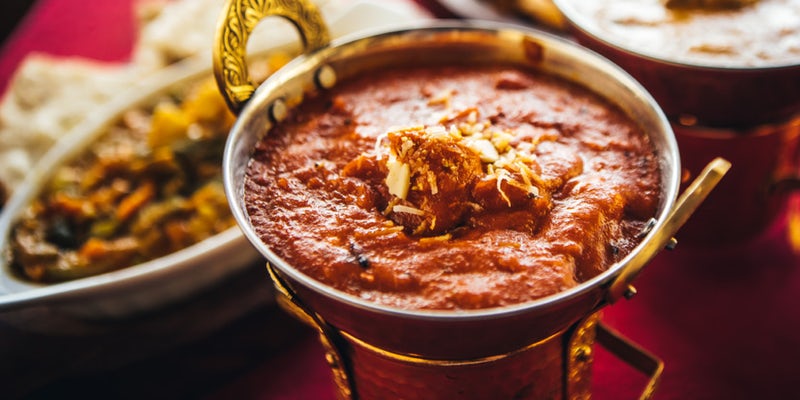How Much Safe Are Bhajis In Your Daily Life

How many safes are Bhajis in Your Daily Life
Nowadays many of us are affected by digestive problems and the main reasons behind this are eating excess bhajis. Bhajis are easily available foods but though these are deep fried in butter or oil they are high in saturated fats, calories, MSG (toxic salts) which can cause serious health problems if taken regularly. Bhajis are difficult to digest it gives a feeling fullness along with other abdominal discomforts like stomach pains, GERD, Heartburn, Gastritis, Peptic Ulcers and Indigestion etc.
Bhajis prepared in reused frying oil are not safe as reused oil degrades faster, absorbs more into the food which increases the oxidative stress into the body and leads to weight gain, increased cholesterol level, hypertension, Diabetes-II and heart diseases. Bhajis are devoid of nutrients and are detrimental to your health both in long terms as well as in short-term.
Instead of the favourite food of everyone due to its taste bhajis have many side effects on health which are discussed below.
- Bhajis contain acrylamide a carcinogen which is produced when foods are fried deep at higher temperatures. Heating oil’s at higher temperatures also produce toxic aldehydes which absorbs into the food and increases the risks of neurological problems like Alzheimer’s and interferes with proper brain functioning.
- Bhajis contain high calories and unhealthy saturated fats which block your arteries and starts damaging. These unhealthy fat increases cholesterol and LDL. These fats stay for a long time in the body and also increases the triglycerides which ultimately decreases the good cholesterol i.e. HDL. These fats increase the formation of platelets which forms clots and attaches to the arterial walls and makes plaque thus causing heart attack, hypertension, obesity, diabetes and heart diseases.
- The proteins of bhajis are turned into acrolein a carcinogen.
- The vegetable oil used to fry bhajis is contaminated with pesticides and they weaken your immune system.
- Bhajis are inflammatory foods which causes joint inflammation if taken every day.
- Bhajis soak up the oil and convert to sugar during absorption and raises blood sugar level i.e. Diabetes.
- Bhajis prepared with synthetic oil leads to emphysema, respiratory distress and cancer.
- Bhajis are unable to break down easily and properly and hence remains in kidney, liver, intestines, prostate and colon for a long time and starts to produce toxins and slowly affects the organs.
- In outside bhajis, they are using hydrogenated and partially hydrogenated vegetable oils i.e. the Trans fats which help to improve food’s shelf life but also increase the risk of heart diseases and strokes.
- The bhajis are generally cooked in genetically modified vegetable oil and the GMO foods cause’s digestive problems and neural birth defects.
- Chemical additives are added in outside bhajis to increase the shelf life of food and increasing foods longevity decreases your lifespan.
- When oil is being used over and over again it breaks down every time when heated and the nutrients are being altered.
- Patients with impaired kidney are not able to filter these harmful fats in which bhajis are prepared and it aggravates the condition.
- Consuming bhajis regularly puts extra workload on the liver to break these unhealthy fats and ultimately causes fatty liver disease which disturbs liver to work efficiently.
In a conclusion, you no need to avoid bhajis totally but have these bhajis sparingly and instead of using saturated fats use unsaturated oils like canola, corn, peanut, safflower, soybean and sunflower oil etc to make bhajis as the antioxidant content of fried foods are more than boiled or saute veggies. Heat the oils at a proper temperature to cook bhajis as unheated oil absorbs more into the food. Take these bhajis occasionally i a small amount and with healthy, low-calorie foods like veggies and fruits. Instead of regular frying bhajis switch to grilled, boiled, saute or steamed foods.









